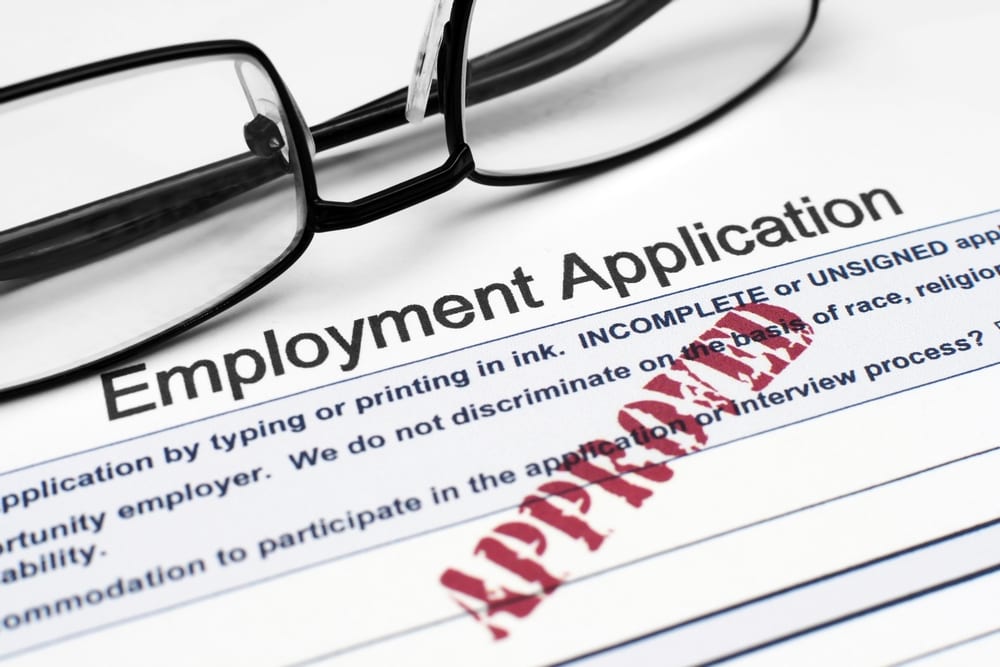In our job placement company we interview job applicants every day. Some of the applicants are applying for specific employment while others are being interviewed so that we can place them into our talent inventory for future employment.
We consider ourselves job placement coaches for two reasons – first our employer client often needs assistance defining the type of person they require; and second because our applicants have a difficult time determining what the best employment options are for them.
In order to get the right person for the right job with a person-future fit focus we have developed the following 5 points for giving a great interview. For each of the first three tips the following questions apply:
What the job requires, what the job provides, what the person requires, and what the person provides helps you make more informed decisions about who would be the best fit in which role.
# 1. Identify job functions
This one seems obvious, however, let’s dig a little deeper. What talents do the job functions require – critical thinking, empathy, initiative, or self-starting ability – to name a few? It’s important to understand how those talents determine successful job fulfillment. Once you can understand how the talents relate to the functions you are able to develop interview questions that elicit a candidate’s talents in the required talent areas. Understanding a person’s talents – and non-talents is the first component in conducting a great interview.
Related: An interviewer’s perspective: where does it all go wrong?
# 2. Identify Company Values
Every company has a set of values that it promotes and embraces – either explicitly or implicitly. We ask our clients a series of questions to help us to understand what their values are, and by extension, what values will be important for potential employees. We have seen quite a few situations where clients have told us that the person they let go “was just not a good fit for the company – their interests were not ours.” Understanding a person’s motivations and drivers is the second component in conducting a great interview.
# 3. Identify Behaviors Required for the Job
Someone asked me recently why this was important. Well, I need to know if there will be a chemistry mix at the company. Usually there is a skills match in most people we interview for the job for which we are recruiting. Understanding a person’s behavioral style is the third component in conducting a great interview.
Related: “See Me” – Is your CV getting you interviews?
# 4. Ask Relevant Questions
Yes, you certainly should ask questions that verify credentials and experience, and with recent publicity about the validity of these – hire a qualified firm to conduct an educational and credit check. Listen to the words they use, how they look you in the eye (or not), and their body language (smile, slumping shoulders, too rigid, relaxed).
There are three types of questions we use to help identify talents, values and behaviors:
- Opinion – these types of questions help give you an opportunity to understand what aspects of a situation or environment your applicant appreciates and how these relate to the company’s values. For instance if the job requires the applicant to be a mentor ask her to respond to this question: “How do you prefer to use your knowledge to help others?”
- Behavioral – we are looking for an applicant’s possible future behaviors based on past responses. For instance – “Can you give me a specific example of how you did that?” Look for a reply that demonstrates how they used a particular behavior to accomplish the task. Listen to the words that they use – these help you understand behavioral preferences.
- Competency –these questions look at their use of talents that are central to the job’s success, so use certain talents within the context of the question: (critical thinking, empathy, initiative, or self-starting ability, etc.). For instance – “Explain a way in which you showed empathy in a particular work problem.” “How did you take initiative with the most important function in your last job?” Look for a reply that identifies HOW their talents are used to answer the question.
Related: 10 MOST STUPID interview questions EVER
# 5. Identify the Applicant’s Future Vision
Take some time during the interview to ask the applicant what type of work, what type of company, what type of roles she wants to have. Ask her how she wants to be valued within a company. Try to get a sense that she is going to stay – or not with the company and position you are interviewing for. The answers to these questions will help to also tell you how self-aware the applicant is – and whether you want to hire her for this very important position.
Did you like this article? Sign up for our RSS, like us on Facebook or follow us on Twitter
Image: “Employment application/Shutterstock“


